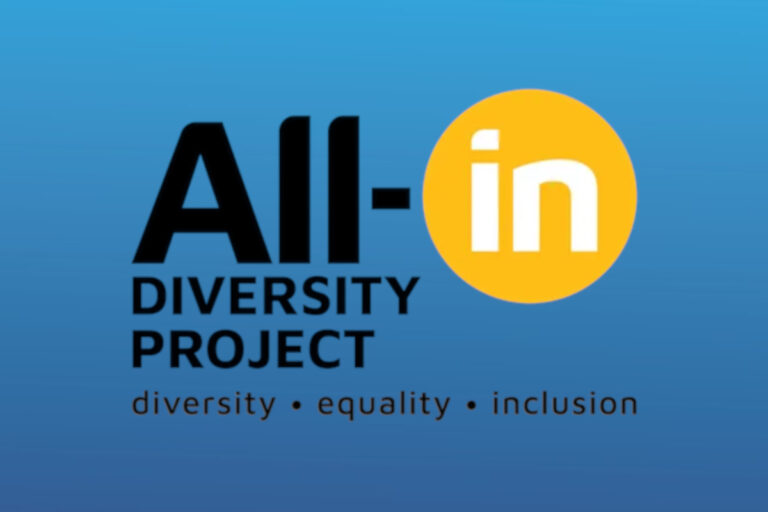Year four also sees some of the industry’s biggest brands including newcomers to the list, Aristocrat, in the top ten
The All-In Diversity Project, an industry-led not-for-profit initiative seeking to benchmark diversity, equality and inclusion across the global betting and gaming industry, has just released its fourth report on the sector’s workforce. An annual survey, this year’s report covers 2022/23 industry trends.
The latest findings continue to showcase the gambling sector as an effective barometer of emerging global trends, technology and changes in society and their impact on the workplace.
Key trends reflected in the latest All-Index report include a predicted shift in sector dominance from Europe to North America, a rise in sports betting across the global industry and another rise in female leadership across businesses.
For the first time ever, sports betting was reported as the dominant product across all participating companies pushing slots into second place for the first time. eSports is growing and is now on par with bingo. This rise has had a significant impact on the gender ratios across all businesses.
This year’s All-Index report recorded the widest gap between males and females in the industry with the number of males (65%) exceeding the number of females (35%) even more than last year, which saw the split at 56% male and 44% female. This gap is likely attributable to the rise of sports betting products across newly-regulated countries such as the United States, Canada and Brazil. Interestingly, 384 employees overall were identified as non-confirmative gender or non-binary (up from just nine last year), which equates to 0.47% of all employees reported.
At leadership level, females make up 29% of executive roles (same as 2022 All-Index) and 37% of non-executive roles (up from 32% last year). The rise in female NEDs is positive and is predicted to reach 40% by 2026 whilst this is significant as regulation on board gender representation is imminent in Europe.
The importance and impact of DEI initiatives are demonstrated in the fact that only one of the top ten scoring companies is a private entity. All others are publicly-listed corporations. This proves that DEI is a top priority for policymakers, investors and shareholders alike. It also demonstrates the impact of regulation and the commercial benefit that robust DEI practices can have on a business’s bottom line.
This year’s report also highlights some of the practical initiatives and programmes implemented by the leading organizations for those looking for new ideas and inspiration to help support their DEI goals.


